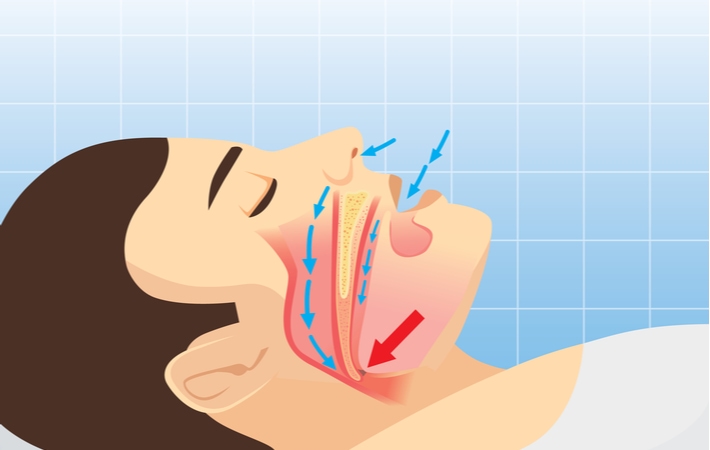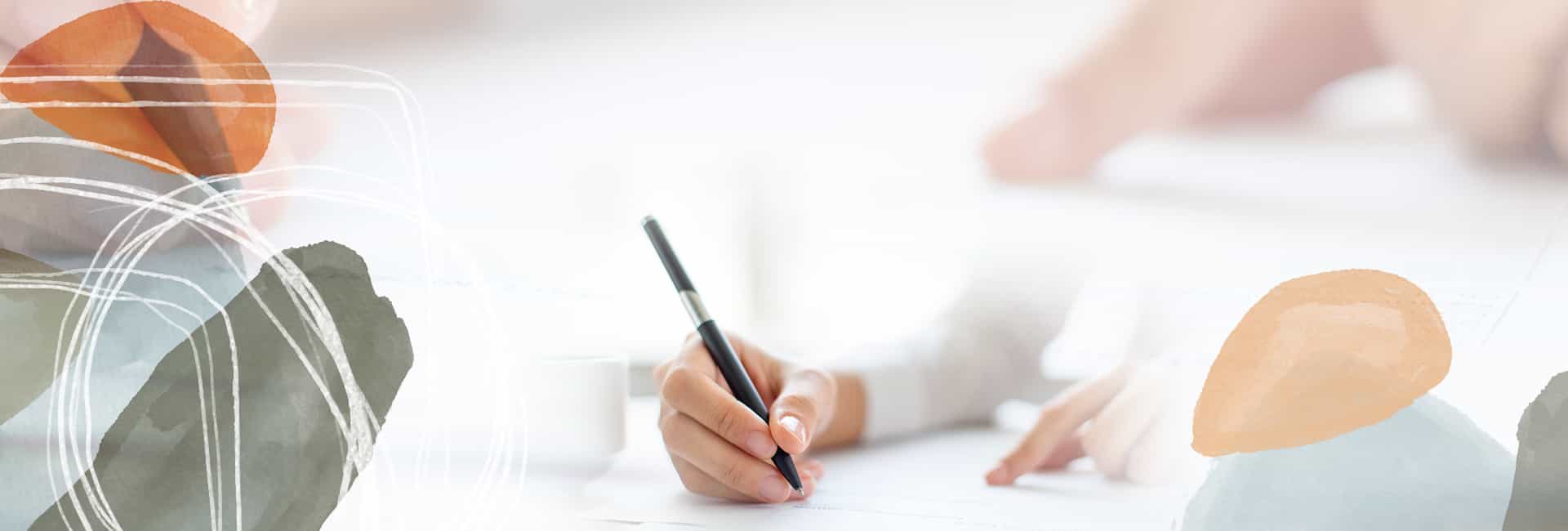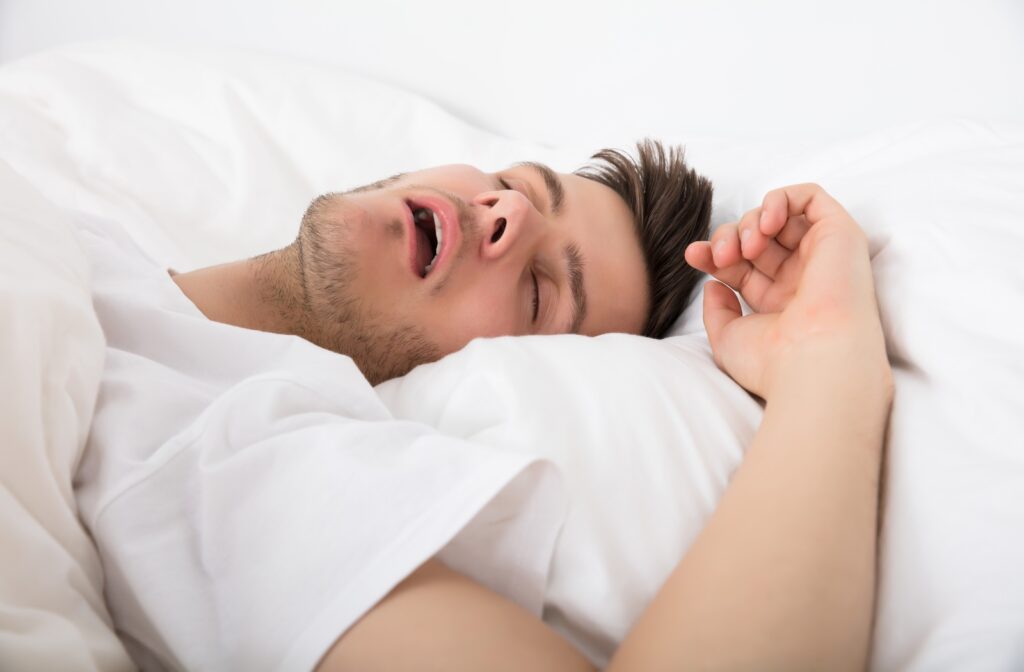Getting a good night of sleep is essential to productivity and having the energy to get through the day. Sleep apnea can interfere with that, and visiting your dental professional is the first step toward seeking treatment and a good night’s sleep.
But does sleep apnea ever go away? Let’s explore what sleep apnea is, your treatment options, and if sleep apnea can ever be eliminated for good.
What Is Sleep Apnea?
Sleep apnea is a potentially serious sleep disorder that can cause your breathing to stop repeatedly while you sleep. These pauses in breathing can range between 10 to 30 seconds and can occur many times throughout the night.
When you can’t breathe properly, your brain signals the rest of your body to wake up and gasp for air. Even if you don’t remember waking up, this constant disturbance can result in sleep deprivation.
The more common form of sleep apnea is obstructive sleep apnea, which occurs when your upper airway gets blocked during sleep.
Some common signs and symptoms of sleep apnea include:
- Gasping or choking during sleep
- Daytime sleepiness
- Falling asleep while driving
- Morning headaches
Obstructive sleep apnea can be dangerous and can lead to other serious health problems such as:
- High blood pressure
- Stroke
- Heart attack
- Depression
Central sleep apnea is less common and occurs when your brain doesn’t send proper signals to the muscles that control your breathing. This form of sleep apnea differs from obstructive sleep apnea, which results from a blockage of your upper airway.
Sleep Apnea Risk Factors
Sleep apnea can affect people at any stage of life, including children. Certain factors can increase your risk:
- Men are up to 4 times as likely to be diagnosed with sleep apnea as women.
- Excess weight can have an effect, and obese people are more likely to suffer from sleep apnea.
- Sleep apnea occurs more often in older adults.
- Smokers are 3 times more likely to have obstructive sleep apnea than people who have never smoked.
Monitoring sleep apnea is essential, and getting your personalized treatment plan from your dental professional can help manage it.

Managing Sleep Apnea
While lifestyle changes such as changing your sleeping position and weight management can assist with sleep apnea, some more specialized treatment options may be required.
Your dental professional will first conduct an at-home sleep study to help determine what treatment can help you based on your needs.
CPAP Machine
The continuous positive airway pressure device (CPAP) can help open the throat to reduce snoring and increase your breathing throughout the night.
The CPAP machine uses a face mask that is worn throughout the night to provide positive airflow and keep your airways open while you sleep.
Benefits of using a CPAP machine include:
- Improves your ability to sleep without waking up
- Lowers risk of heart attack, stroke, or other cardiovascular events
- Helps lower blood pressure
- Reduces daytime drowsiness
Oral Appliance Therapy
Oral appliances are an alternative sleep aid to CPAP machines. Oral appliances come in different forms and resemble mouthguards used while playing sports.
Oral appliances are most effective when custom-fitted and adjusts your jaw to address snoring and breathing problems related to sleep apnea.
Solea Sleep Laser
The Solea laser can be used as a companion to CPAP and oral appliances and treats palatal snoring. The Solea laser can assist in opening the airway and reduce how much air pressure is needed in CPAP or how much advancement is required with an oral appliance.
The Solea laser uses a specific wavelength to tighten collagen fibres in the soft palate tissue in a 5-minute session. Tightening this tissue can help open the airway and reduce vibrations from snoring.
Solea isn’t an alternative to CPAP or oral appliances and is only used to treat palatal snoring.
Can Sleep Apnea Go Away for Good?
Sleep apnea is here to stay in most cases, and without consistent treatment, it can keep affecting your sleep schedule and your overall health.
Sleep apnea is a chronic condition—however, children with sleep apnea have hope for treatment through the removal of tonsils and adenoids.
Major surgery can help reduce the presence of sleep apnea. Lifestyle changes such as weight management and seeking treatment options such as CPAP or oral appliances can assist with sleep apnea management.
Getting a Good Night of Sleep
Sleep is a vital part of your day, and getting a good night of sleep can make all the difference in your daily schedule. Sleep apnea can cause restless nights and sometimes even more severe conditions.
Book an appointment today with your dental professional to learn more about sleep apnea and get the treatment you need today.




